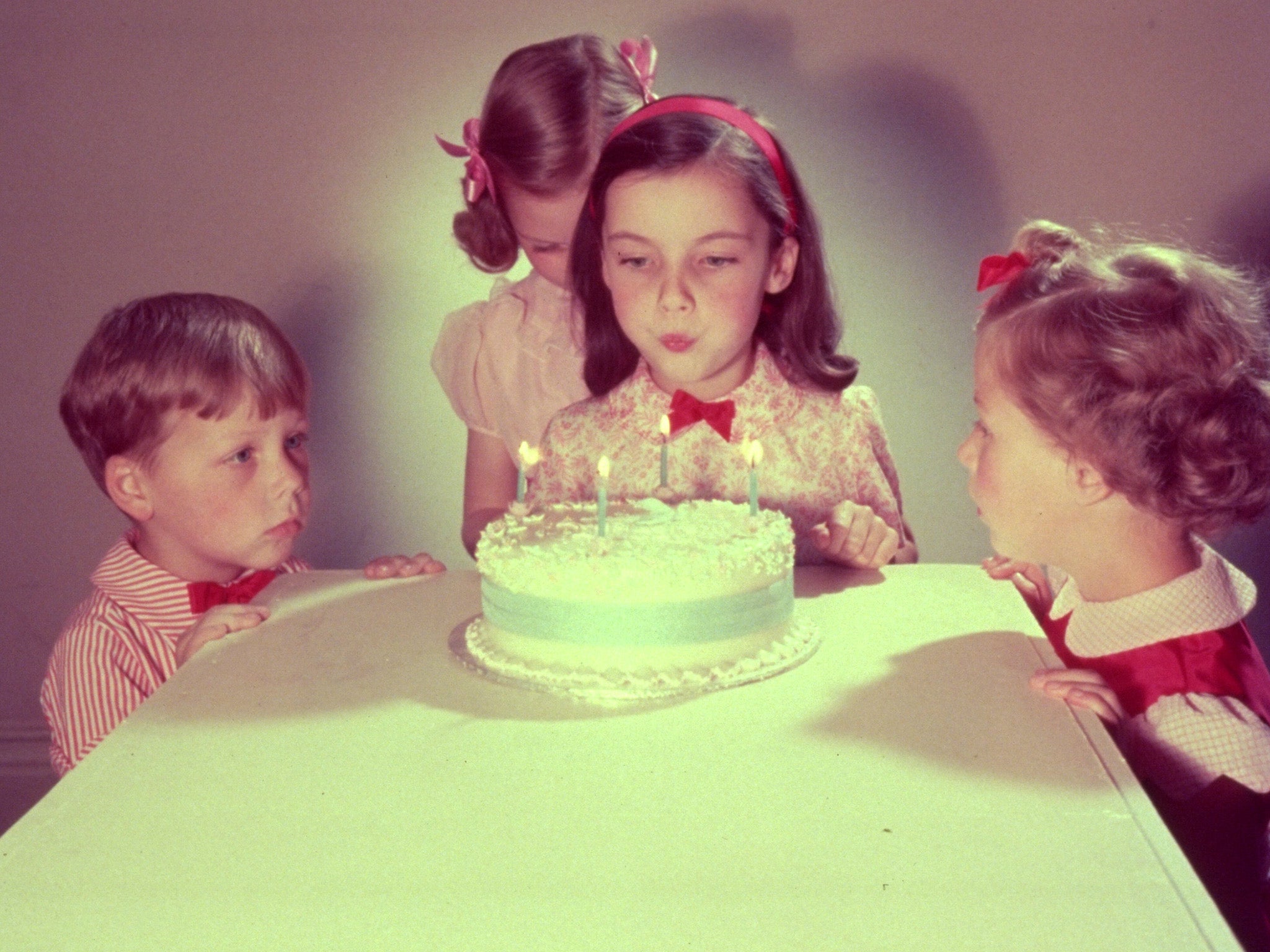

“One was to provide good music for children. “When my sister Mildred and I began the writing of these songs, we had two motives,” Patty later stated. Four years later, the two released their first collection of tunes in a book titled “Song Stories for the Kindergarten.” Among the songs, was a little ditty entitled “Good Morning to All,” which would later be the source of the sheet music for “Happy Birthday.” In 1889, while serving as a kindergarten teacher at a Kentucky grade school, she began working on a set of childrens’ songs with her older sister Mildred, a well-known organist, composer, and “Negro music” scholar. She invented “Patty Hill Blocks” - a set of large, cardboard bricks that children could use to learn about structural engineering - and then founded the Institute of Child Welfare Research at Columbia University Teachers College. Most musicologists who’ve traced the origins of “Happy Birthday” agree that its musical score dates back to the work of two Kentucky sisters in the late 19th century: Mildred Jane Hill (b.1859), and Patty Smith Hill (b.1868).Īfter graduating as valedictorian of Louisville Collegiate Institute, Patty went on to be a central figure in the progressive education movement, endorsing hands-on learning techniques and interactive teaching methods.

To answer this question, let’s dive into the history of the song. But is their copyright claim really valid? During the Apollo 9 mission, it became the first song ever officially sung in space.ĭespite its accessibility, the song is copyrighted by Warner Music - a corporation that charges anywhere from $1,500 to $50,000 to use it in movies, television shows, advertisements, and musical birthday cards. The American Society of Composers, Authors and Publishers (ASCAP) has called it “far and away…the most popular song of the twentieth century.” It has been played or performed billions of times by everyone from Igor Stravinsky to Marilyn Monroe. Since being composed more than a century ago, “Happy Birthday (to You)” has not only become America’s go-to celebration song, but one of the most omnipresent ballads in history. What the f*%# is this? This isn’t “Happy Birthday!” You feel juped, cheated: why couldn’t this fine establishment sing you the real deal? The answer is rather surprising: if they did, the chain could be held liable to pay Warner Music thousands of dollars in copyright fees. ‘Wait a minute, ’ you think, as the quintet winds down its strange, lyrically-challenged performance. “I don’t know what I’ve been told! Someone here is getting old! Sound off: HAAAAPPY. As you fork the last morsel of steak into your mouth, they descend: five waiters in pin-adorned red polos, bearing overly-enthusiastic smiles and a chocolate cake. It’s your birthday party and, of course, you’re out with your family and friends at diner chain T.G.I.


 0 kommentar(er)
0 kommentar(er)
